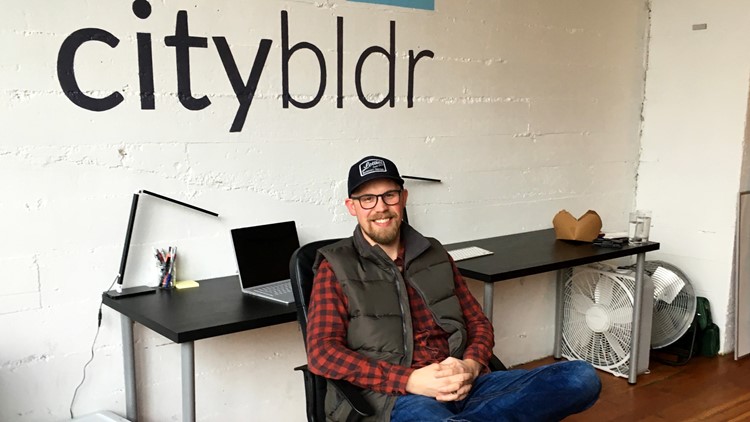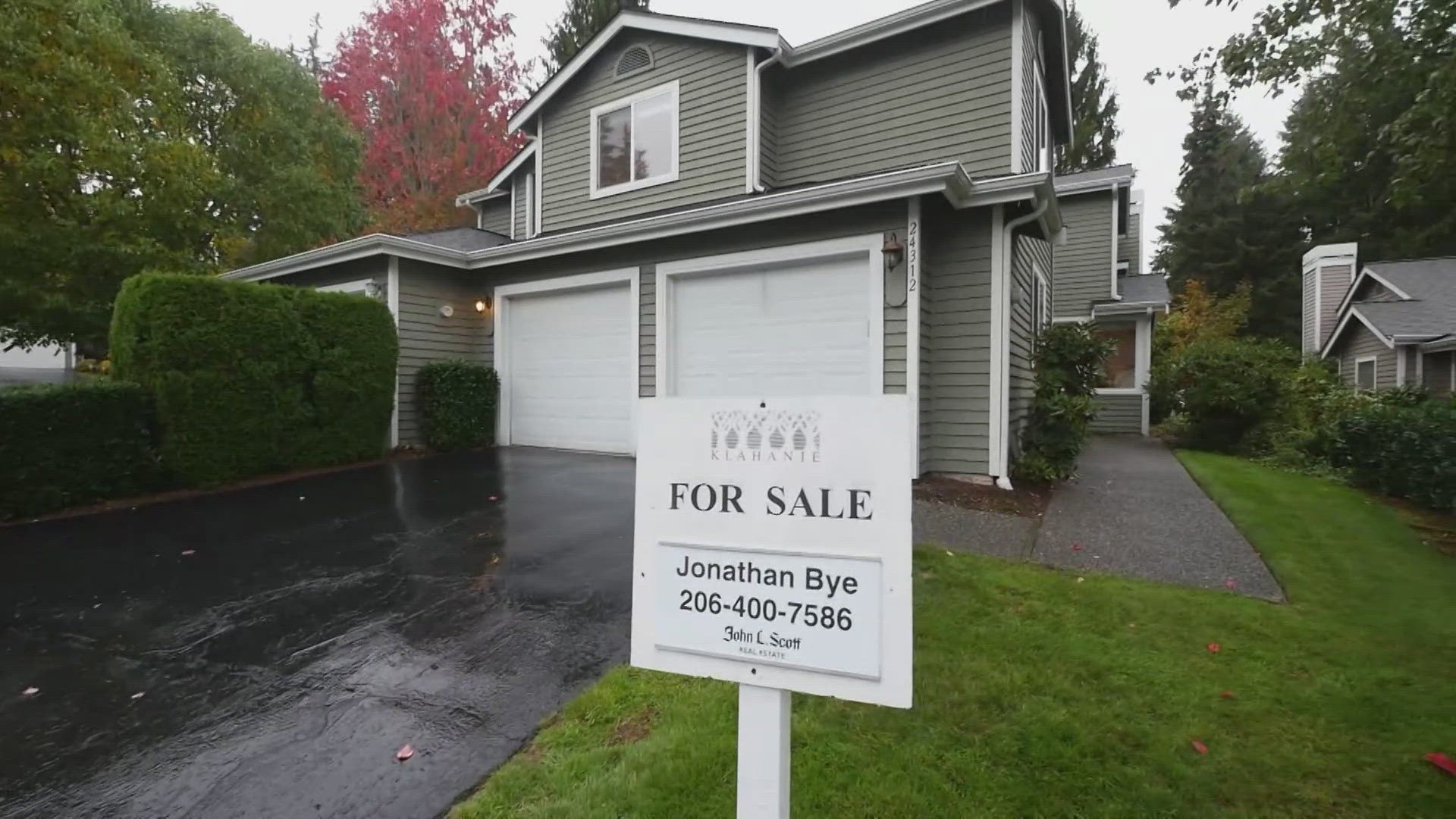Seattle startup CityBldr is getting into the home buying game, taking on real estate heavyweights in its backyard. But unlike Zillow and Redfin, which have both started buying properties directly from homeowners, CityBldr is targeting homes that can be converted into multi-family residences.
CityBldr’s software identifies underutilized land in cities, like Seattle, and makes connections between homeowners and developers to repurpose properties. For example, CityBldr helped seven homeowners in the Seattle area realize that if they sold their properties as a bundle to a real estate developer, they could make more money. Going forward, CityBldr will start buying properties like those directly, then sell them to builders and developers who will convert single-family homes into multi-unit residential buildings.
“We’re only going to be targeting properties that are zoned for multi-family development,” CityBldr CEO Bryan Copley said. “The big problem we’re trying to solve is that everybody’s moving to the city and there aren’t enough homes in the city to accommodate that growth.”
“It takes somewhere between 9 and 18 months,” he said.
Copley said buying won’t affect the company’s algorithm telling homeowners what their home is worth. He did not specify the fee or percentage the company would take. He said it would depend on the property.
“But we’re going to pay more than Zillow or Redfin would pay for the house as a home because we know it has that development value,” he said.
When asked about some neighbors’ concerns of density, Copley said the company comes in after whatever city has already approved density. He said the company only gives homeowners information they might want.
In the northern part of the University District, Bryan and Rachel Marenstein have watched the neighborhood change in the 12 years they’ve lived there.
“There has to be higher density somewhere, but I know the parking situation will be a lot more difficult here,” said Bryan Marenstein.



